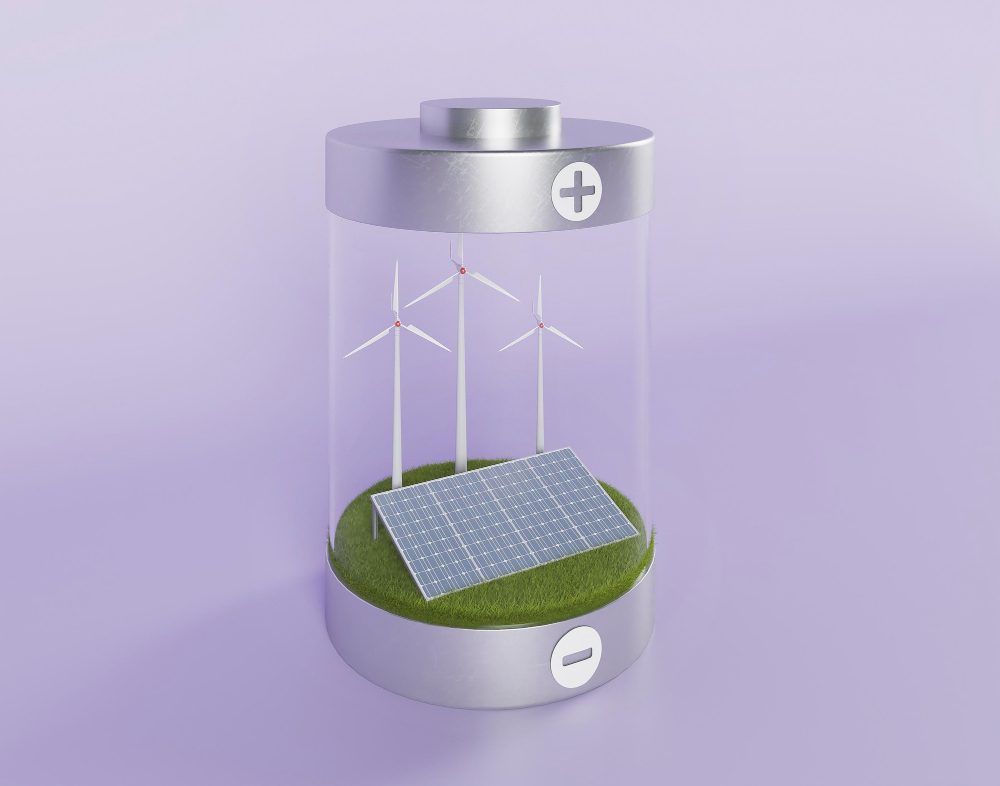
What Are The Energy Storage Solutions for Enhanced Power Resilience?
Power resilience is essential in the industrial landscape today to ensure continuous operations, especially in factories, where a disruption could result in significant losses.
Energy storage solutions, both locally and globally, are becoming increasingly important to factories to ensure uninterrupted power supply. With the rise in energy demands and the unpredictability of power grids, factories must explore energy storage systems (ESS) that can enhance their power resilience and provide a buffer against outages and fluctuations.
The article discusses how energy storage can help factories maintain power resilience, their benefits, and challenges.
Understanding the Need for Power Resilience
Power resilience refers to the ability of a factory to withstand and quickly recover from power disruptions. In industrial settings, power outages can halt production lines, damage sensitive equipment, and lead to costly downtime.
Moreover, in regions with unstable power grids, such as parts of India, factories are particularly vulnerable to frequent and prolonged outages.
The growing reliance on automation, digital systems, and continuous production processes makes power resilience more critical than ever.
4 Types of Energy Storage Solutions
Several energy storage technologies are available, each with its own set of advantages and challenges. In factories, the following solutions are commonly used:
1. Battery Energy Storage Systems (BESS)
Battery Energy Storage Systems are among the most widely used solutions in industrial settings. BESS typically consists of lithium-ion batteries, which offer high energy density, efficiency, and fast response times. These systems store electricity during periods of low demand or from renewable sources and discharge it when needed.
One of the significant advantages of BESS is its scalability. Factories can adjust the size of the battery system according to their energy requirements, making it a flexible solution for various industrial applications.
2. Thermal Energy Storage (TES)
Thermal Energy Storage involves storing energy in the form of heat or cold, which can be later used to generate electricity or directly power industrial processes. TES systems are particularly beneficial for factories that require thermal energy for heating, cooling, or specific production processes.
There are different methods of thermal energy storage, including sensible heat storage (using materials like water or molten salt), latent heat storage (using phase change materials), and thermochemical storage (using chemical reactions). TES systems can be highly efficient and have a long lifespan, making them a reliable option for factories.
3. Flywheel Energy Storage
Flywheel Energy Storage Systems store energy in the form of rotational kinetic energy. The system consists of a rotating mass (the flywheel) connected to an electric motor-generator. During periods of low energy demand, the flywheel is accelerated, storing energy that can be released when needed.
Flywheel systems are known for their high efficiency, fast response times, and long operational life. They are particularly useful for providing short-term backup power, stabilizing grid fluctuations, and managing power quality issues in factories.
4. Compressed Air Energy Storage (CAES)
Compressed Air Energy Storage systems store energy by compressing air into underground caverns or large tanks. When electricity is needed, the compressed air is released, driving a turbine to generate power. CAES systems can store large amounts of energy and are particularly suitable for factories with significant energy demands.
One of the main advantages of CAES is its ability to provide long-duration energy storage, making it ideal for balancing supply and demand over extended periods.
What You Should Consider When Integrating Renewable Energy with Storage Solutions?
A key trend for improving power resilience is integrating renewable energy sources with energy storage solutions. The combination of solar panels, wind turbines, or biomass energy with ESS can reduce factories’ reliance on the grid.
For instance, solar energy combined with a BESS allows factories to store excess energy generated during the day and use it during the night or during grid outages. Similarly, wind energy can be harnessed and stored using CAES, providing a steady power supply even when wind speeds fluctuate.
Conclusion
As power resilience becomes more important, factories must invest in energy storage solutions that guarantee continuous operations.
With India’s growing industrial sector, energy storage solutions will not only protect factories from power outages, but will also contribute to a more resilient energy future.
Leading Engineering Consultancy in Ahmedabad, VMS Consultants offers expert guidance in implementing energy storage solutions for your factory’s unique needs.
Contact us today to enhance your power resilience and ensure uninterrupted operations.






